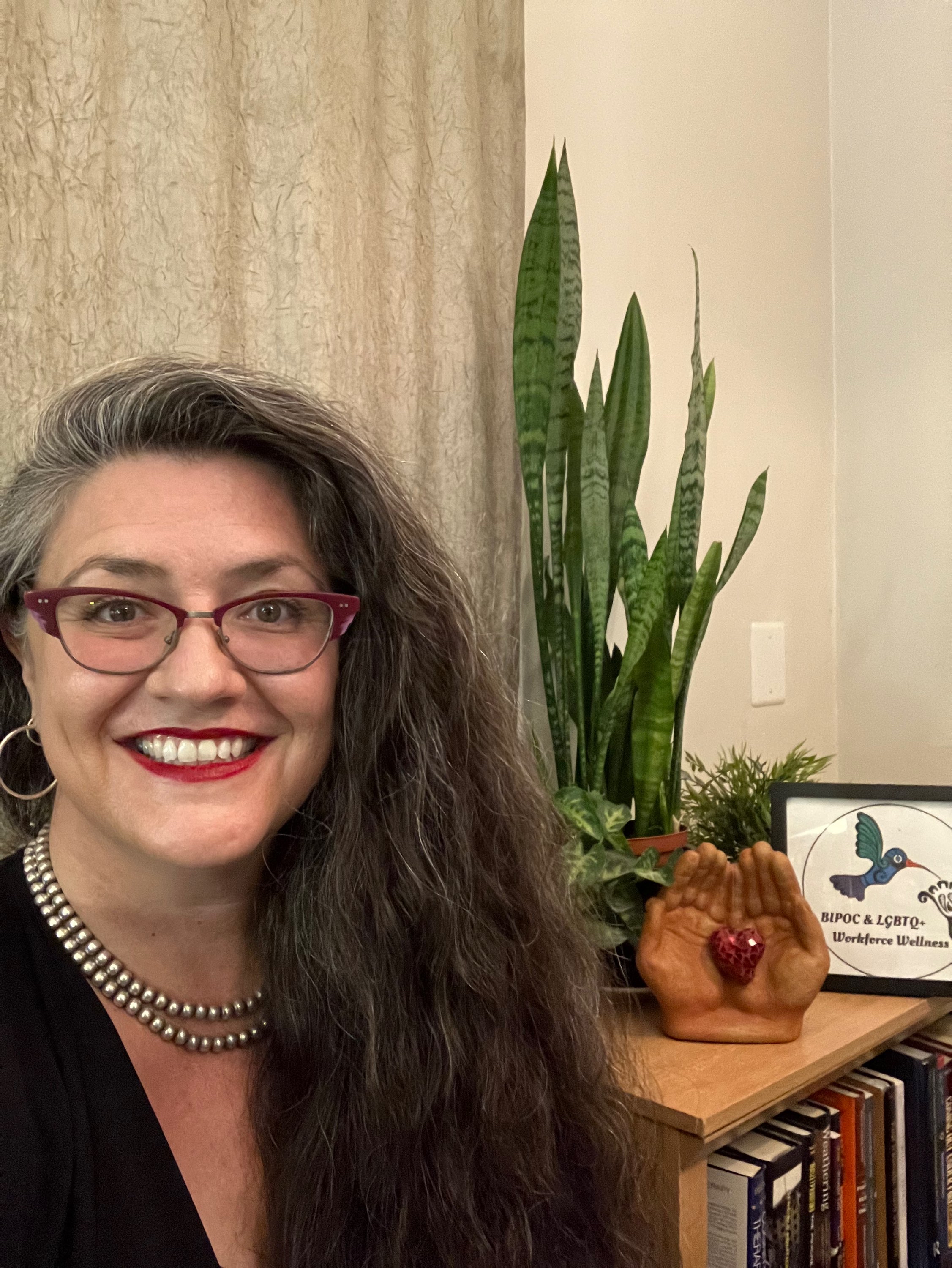Life After Layoff and Forced Resignations
- helianaramirez0

- Sep 20, 2023
- 3 min read
Updated: Sep 21, 2023
Toxic workplace survivors often do not realize the extent of physical, psychological, & social injury from a toxic job until they have left the job. Below is advice on how to move on with life after layoff.
Whether they were fired or forced to resign, waking up the first few weeks without the job can bring a flood of harsh realizations about how much was lost to, given up for, and taken by the toxic job.
When the body is in toxic job crisis/survival mode, it may not signal to the brain how bad the injuries are. Once the threat of the abusive colleagues are at a distance and stress hormones like adrenaline & cortisol begin to subside, the aftermath can be a sudden crashing of mood and physical health. Pain that was evident before becomes more pronounced and new pains emerge from chronic tensing of shoulders, jawline, fists, gastrointestinal system etc. all the bracing one does instinctively to protect from constant threat in unsafe work environments.
Often times familial and social relationships were sacrificed for the toxic job and the first few days after the job ends, the absence of those relationships becomes excruciatingly apparent.
Still for others, an oppressive numbness blankets emotions and physical sensations as the person disassociates from the terror of having been targeted by group mobbing that they could not defend their reputation or career from.
In these early days of nervous system reset- when the shock & terror of what happened emerges in repeated intrusive thoughts, nightmares, and even stress reactions to pinging of emails and instant messaging, it helps to go back to basics.
1. Priotize rest & sleeping. Take naps. Go to bed early. Sleep in as late as possible. The body and mind heal themselves with sleep. The spirit connects to ancestral wisdom with sleep. Read “Rest is Resistance: A Manifesto” https://a.co/d/5R4iZJq
2. Eat comfort foods, prioritizing ingredients from your culture that remind you of a time when you felt safe and cared for. Many cultural foods use medicinal ingredients like chili, chocolate, turmeric, cinnamon, kimchi, and greens. Drink lots of water to help flush the body of toxins from chronic stress and avoid foods and beverages that increase inflammation (e.g., sugar, fat, processed foods, alcohol).
3. Get outside. If you have physical disabilities that make movement difficult, sitting on a porch, looking through an open window, or even watching videos of nature can help. If you are able to get to nature in person- do so especially around trees & bodies of water, all of which boost the mood and immune system.
4. Connect with other toxic job survivors. Watch videos, listen to podcasts, read books to realize how common workplace abuse is, understand that the tactics abusers use are similar across industries, and remind yourself that the abuse was not your fault (no matter what the abuser said).
Check out the below resources to see if any resonate for your healing journey.
Coaching:
Rooted Respite www.rootedrespite.com
Coach Julie Schurr https://www.coachjulieschurr.com/
Books:
Hushmoney: How One Woman Proved Systemic Racism in her Workplace and Kept her Job by Deborah Harris, Jacquie Abram, and Delilah Harris
by Deepa Purushothaman
by Tricia Hersey
Podcasts and Interviews
Kimani Norrington-Sands, Ph.D.‘S YouTube Channel "Lifting as We Climb: Black Women & Toxic Jobs" https://youtube.com/@liftingasweclimbconsulting
Workplace Bullying Institute Podcast https://workplacebullying.org/podcast/
Episode 135 of Melanin & Mental Health Podcast "Surviving Toxic Work Environments" https://www.melaninandmentalhealth.com/category/between-sessions/







Comments